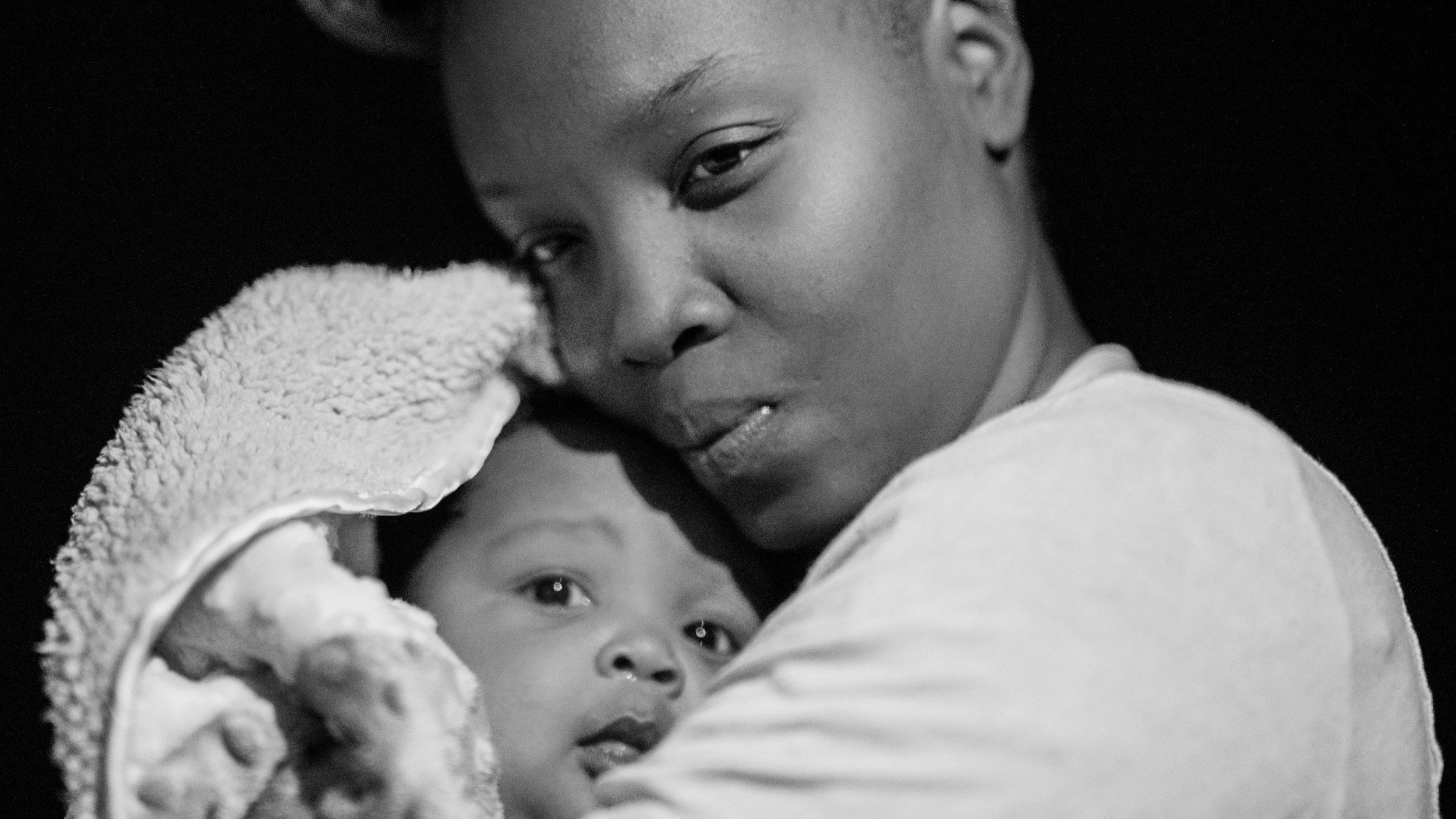Mental Health for Black Mothers: The True Cost
Credible estimates from a team of researchers determined that in the span of 5 years, untreated mental health disorders in mothers exceed $14 billion in societal costs.
Ashley Bordenave
The journey of motherhood offers a unique experience that few can define in words. However, for some women, pregnancy also brings emotional discomfort alongside physical symptoms. This emotional discomfort often manifests as depression and anxiety, but can also include mood disorders such as bipolar disorder and psychosis. It is estimated that up to 20% of women experience what is now categorized as “maternal mental health disorders” during pregnancy and postpartum (Policy Center for Maternal Mental Health, 2023). Alarmingly, for Black mothers, this figure rises to 40% (March of Dimes, 2024). These disorders are considered childbirth complications and, given the associated statistics, represent a societal crisis. Researchers estimate that untreated maternal mental health disorders exceed $14 billion in societal costs over five years (Policy Center for Maternal Mental Health, 2024). Addressing this issue requires a focus on both barriers and opportunities for equitable care.
Barriers to Care
Black women face numerous risk factors contributing to pregnancy-related issues, including preterm birth, cardiovascular problems like preeclampsia, higher C-section risk, labor complications, gestational diabetes, and mortality (Winny and Bervell, 2023). Homicide and suicide are associated with postpartum mortality, with the highest incidences occurring within the first year postpartum (Winny and Bervell, 2023). A study from 1990-2020 indicated that suicide disproportionately affects Black women, often due to under-diagnosed or under-treated depression (Joseph et al., 2023; Policy Center for Maternal Mental Health, 2023).
Black women also experience higher exposure to trauma compared to White women, with additional impacts from gender-related violence, systemic racism, and poverty, creating barriers to quality care (Policy Center for Maternal Mental Health, 2023). A study surveying Black and biracial adolescent and young women identified barriers to care, including:
Underreporting symptoms due to fear of judgment or mistreatment
Lack of trust in healthcare providers/systems
Sociocultural factors, such as cultures not recognizing mental health
Intrapersonal strain, including family conflict and limited support
Overt or implicit bias from healthcare workers
Self-blame and normalizing struggle, leading to feelings of personal failure
Opportunities to Improve Care
Many barriers lead Black women to avoid disclosing symptoms, initiating treatment, or following up, even when treatment is established (Dwarakanath et al., 2023). Gaps in access contribute to societal costs. Untreated postpartum depression affects a mother's ability to function at home and work (Policy Center for Maternal Health, 2023; Dwarakanath et al., 2023). For children, it increases the risk of impaired neurocognitive development, violent behavior, and psychiatric issues (Dwarakanath et al., 2023).
Proposed Strategies to Improve Care:
Revise and expand depression screening tools to address adolescents and somatic symptoms, and screen all expectant mothers for substance abuse risks.
Increase funding for organizations and educational institutions to create more Black and BIPOC obstetric and mental health professionals.
Mandate paid maternity leave.
Expand knowledge and access to midwives, doulas, and birthing centers.
Acknowledge systemic racism's impacts and initiate quality measures to improve care delivery.
Reform healthcare policies to reduce discriminatory practices.
Implement education and corrective actions on clinical bias and improve cultural competence.
Collaborate with community-based organizations for enhanced advocacy of maternal care.
Educate providers on The Black Maternal Health Momnibus Act of 2021.
Encourage mothers to initiate care starting at preconception to target potential pregnancy risks and prevent adverse postpartum outcomes.
Closing disparity gaps is crucial to reducing the need for women to be resilient. Equally important is approaching mothers with compassionate and holistic care, avoiding pathologizing every complaint, to truly end disparities.
References
Dwarakanath, M., et al. (2023). Experiences of postpartum mental health sequelae among black and biracial women during the covid-19 pandemic. BMC Pregnancy and Childbirth. 23. Article number: 636. doi:10.1186/s12884-023-05929-3
Howell, Elizabeth A. (2018). Reducing disparities in severe maternal morbidity and mortality. Clinical Obstetrics and Gynecology, 61(2). 387-399. doi:10.1097/GRF.0000000000000349
Joseph, V.A., et al. (2023). Trends in suicide among black women in the United States, 1990-2020. The American Journal of Psychiatry, 180(12). 914-917. doi:10.1176/appi.ajp.20230254
March of Dimes (2024). Black maternal mental health week. March of Dimes
Policy Center for Maternal Mental Health (2024). Issue brief: Black maternal health. 2020 Mom
Winny, A. and Bervell, R. (2023). How can we solve the black maternal health crisis? Johns Hopkins Public Health
About the Author
Ashley Bordenave, also known as The Climate Psych NP, is an energetic psychiatric nurse practitioner specializing in climate and lifestyle psychiatry. She is a published author, freelance health writer, and entrepreneur passionate about making quality mental health care more accessible to underserved populations. Her work focuses on reducing mental health stigmas and empowering communities sustainably. More of her work can be seen on LinkedIn, Ashley Bordenave, MHA, PMHNP [The Climate Psych NP].

